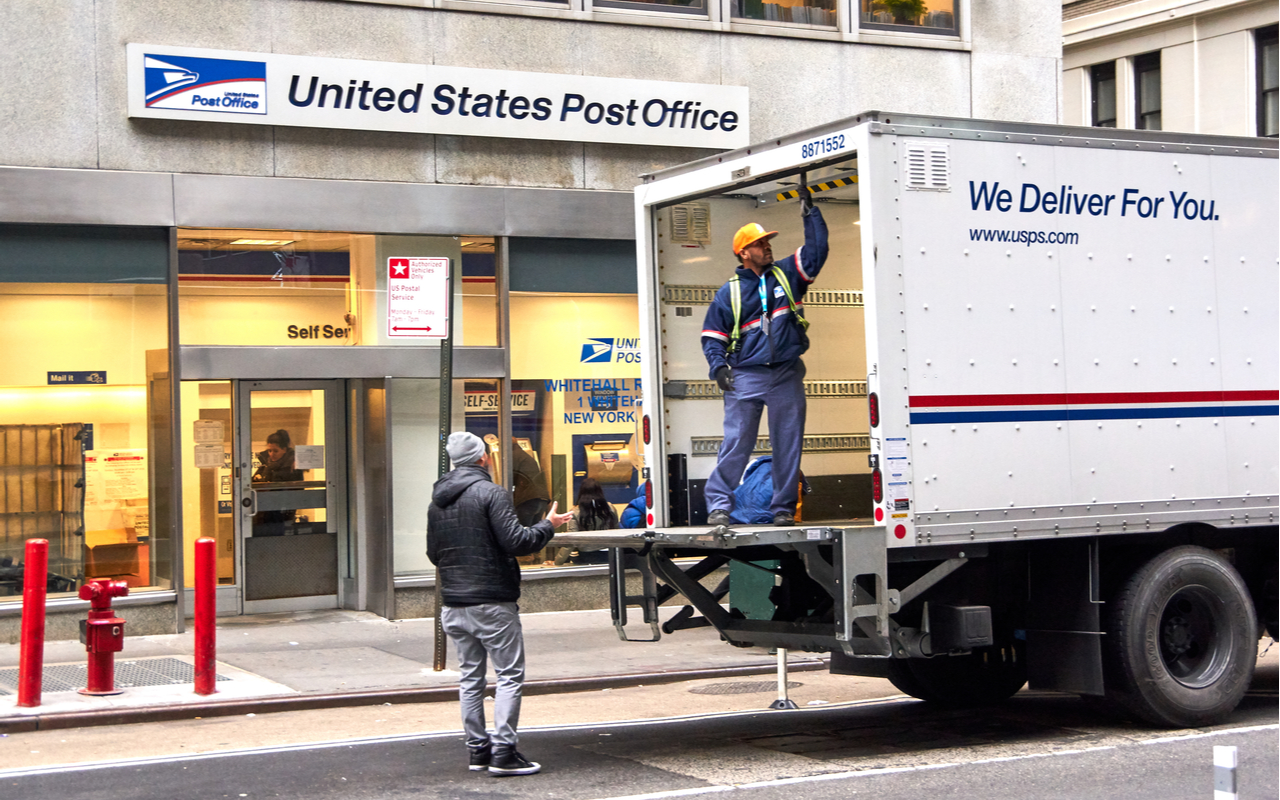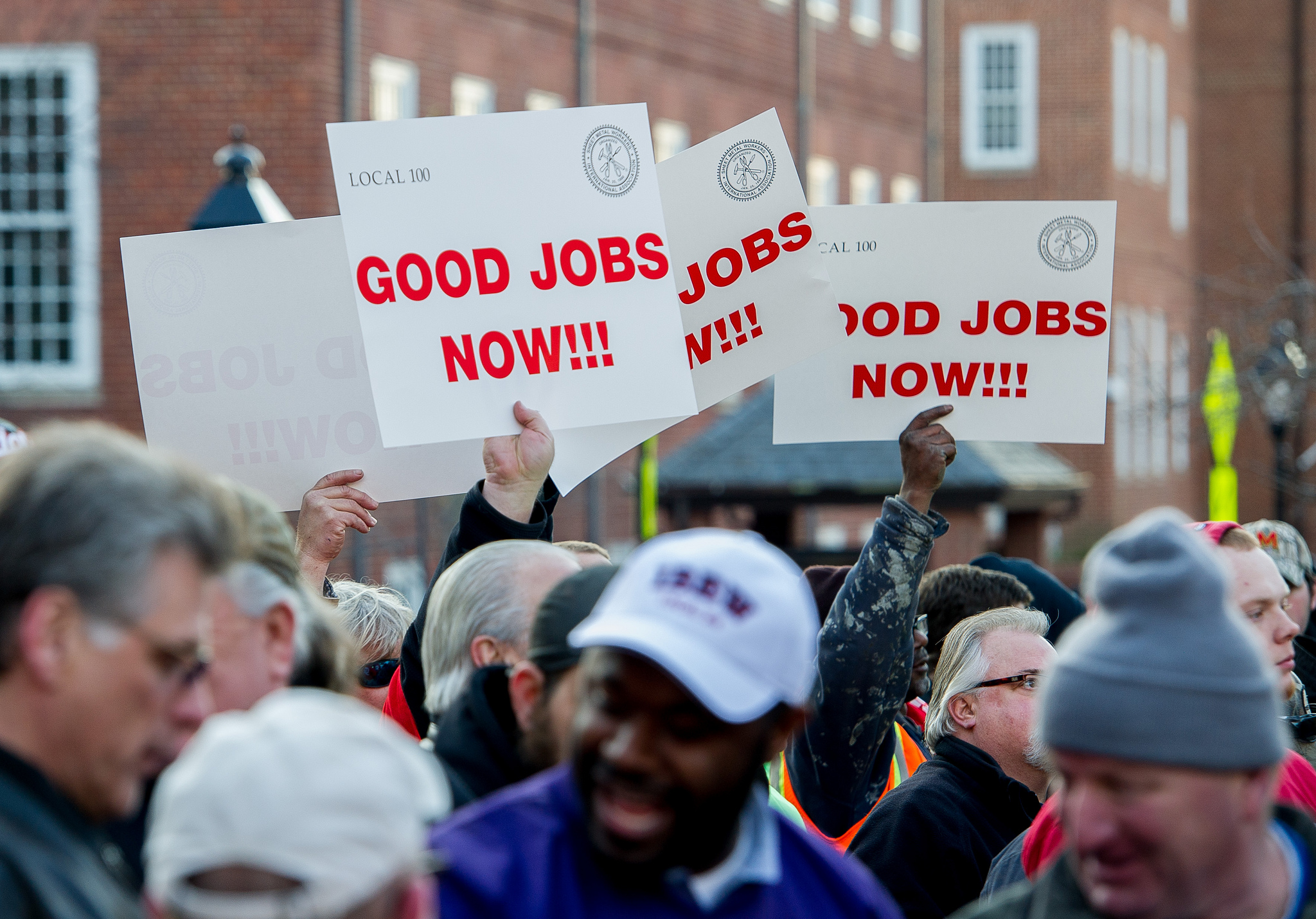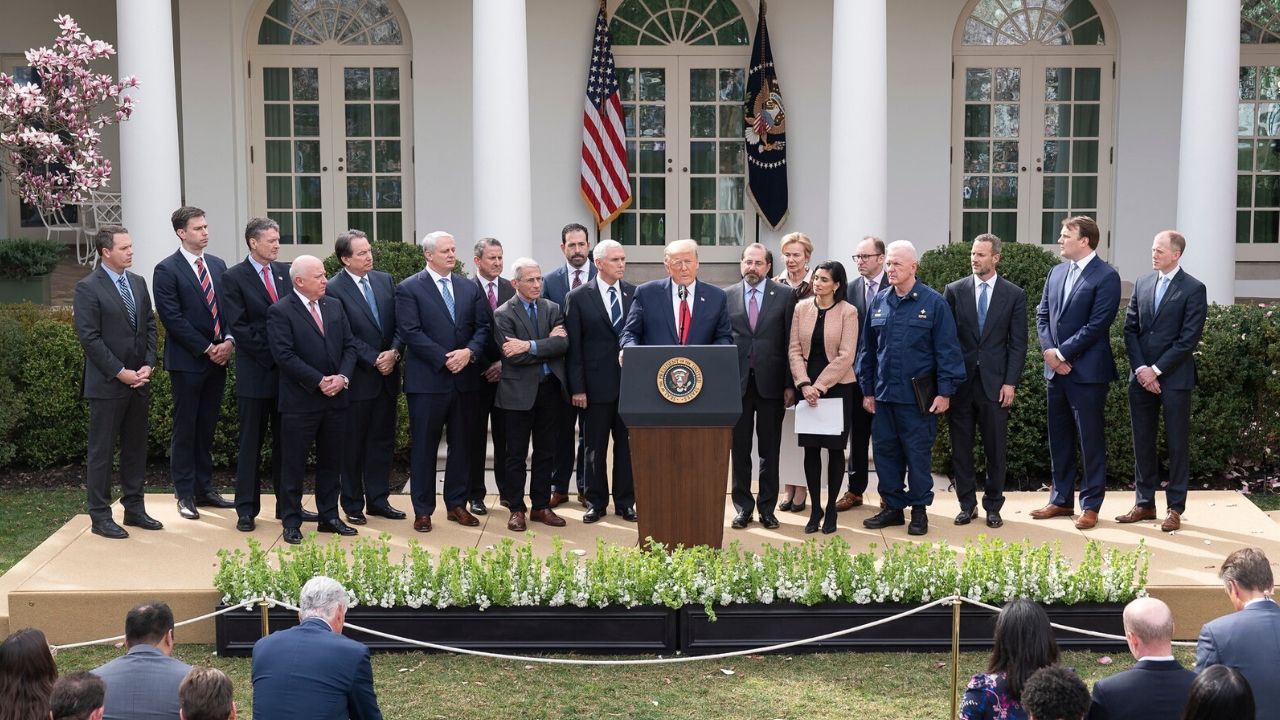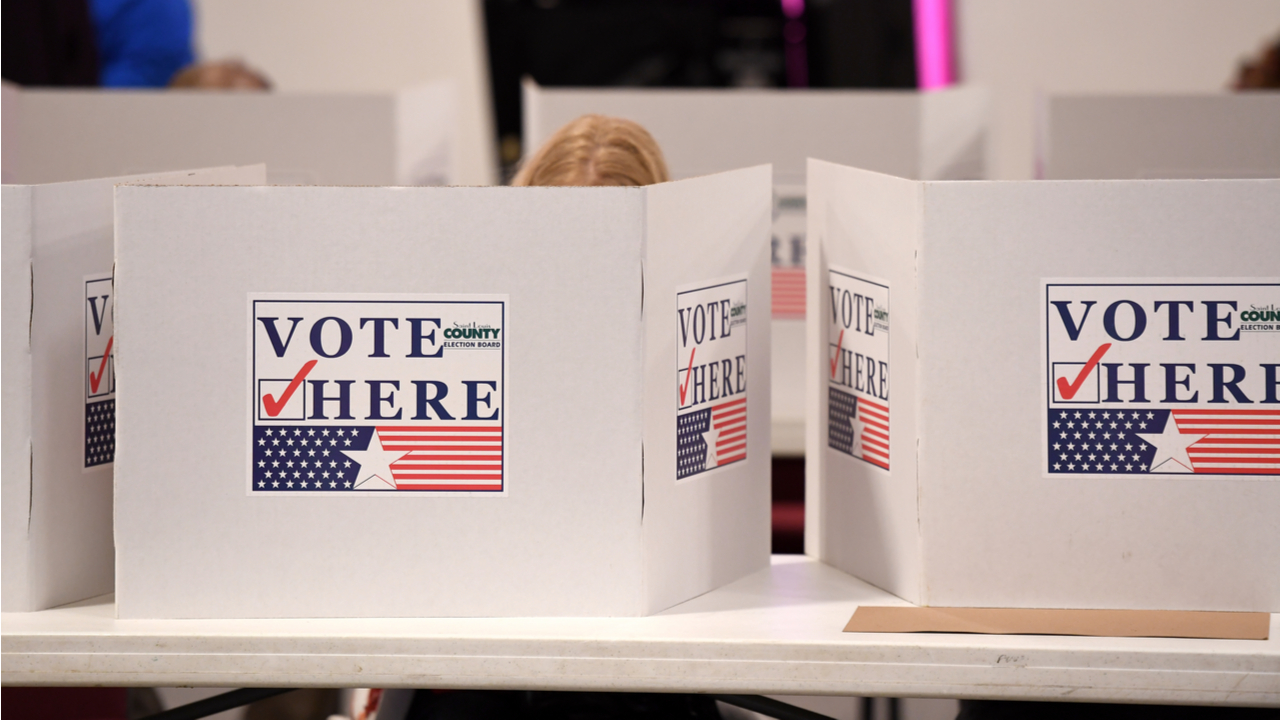Sarah Anderson directs the Global Economy Project at the Institute for Policy Studies and is a co-editor of the IPS web site Inequality.org. Sarah’s research covers a wide range of international and domestic economic issues, including inequality, Wall Street reform, CEO pay, taxes, labor, and international trade and investment. Sarah is a well-known expert on executive compensation, as the lead author of more than 20 annual “Executive Excess” reports that have received extensive media coverage.
During the Obama administration, she served on the Investment Subcommittee of the U.S. State Department’s Advisory Committee on International Economic Policy (ACIEP). In 2009, this subcommittee carried out a review of the U.S. model bilateral investment treaty. In 2000, she served on the staff of the bipartisan International Financial Institutions Advisory Commission (“Meltzer Commission”), commissioned by the U.S. Congress to evaluate the World Bank and IMF. Sarah is a co-author of the books Field Guide to the Global Economy (New Press, 2nd edition, 2005) and Alternatives to Economic Globalization (Berrett-Koehler, 2nd edition, 2004).
Prior to coming to IPS in 1992, Sarah was a consultant to the U.S. Agency for International Development and an editor for the Deutsche Presse-Agentur. She holds a Masters in International Affairs from The American University and a BA in Journalism from Northwestern University.




















